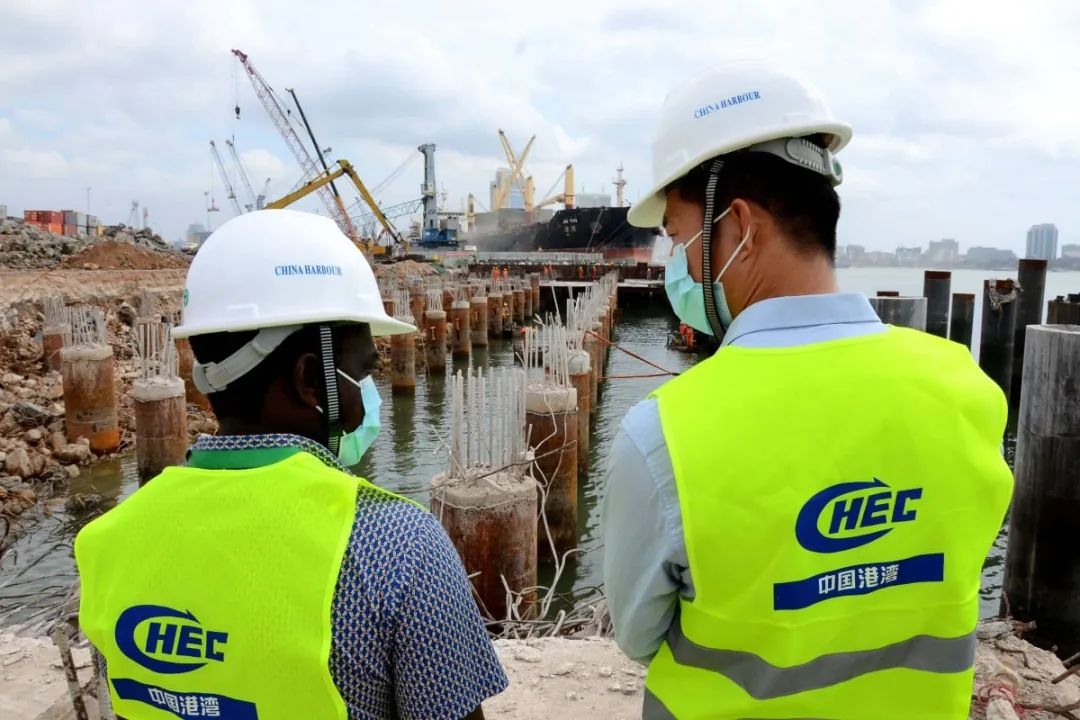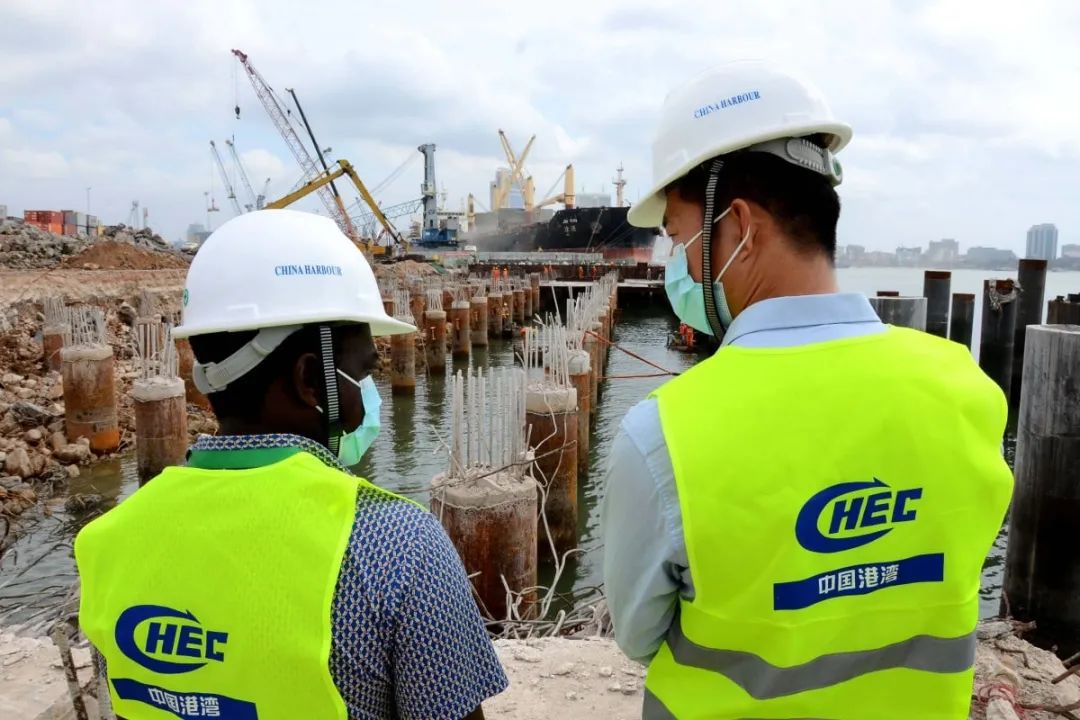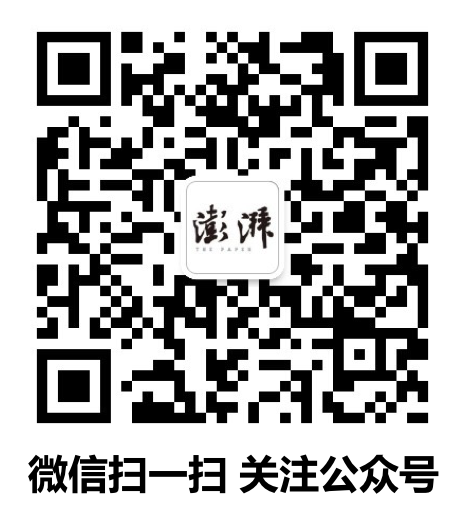- +1
南华早报 | 中国与全球南方国家的关系展现了另一种世界秩序的可能性
今年12月初的第22届多哈论坛上,全球南方国家追求公平世界秩序的努力迎来新契机。在这场为期两天的盛会上,与会各国领导人共同探讨了中国在国际发展格局中日益凸显的角色。这次高层对话恰逢其时,因为当前全球贸易正面临诸多新的不确定性。

南华早报 评论
作者
王辉耀 | 全球化智库创始人
当美国和欧盟等主要经济体释放出回归保护主义政策的信号时——对中国电动车、光伏产品和半导体加征关税,推行碳边境调节机制之际,中国却反其道而行之,宣布将为40多个最不发达国家减免关税,此举立即引发国际社会的高度关注。
这种战略思路在“中国在崛起的全球南方中的角色:重新定义未来世界秩序”分论坛上得到充分体现。来自世界各地的领导人分享了对发展伙伴关系的真知灼见,与当前国际经济合作前景黯淡形成鲜明对比。
中国与全球南方不断深化的合作远不止贸易数据那么简单,更代表着一种全新的国际合作模式。作为全球120多个国家的最大贸易伙伴,中国已经超越了单纯的经贸往来,建立起全方位的发展伙伴关系。
“一带一路”倡议如今已拓展至150个国家,不再局限于基础设施建设,而是发展成为一个全方位的可持续发展平台。在亚投行、新开发银行和区域全面经济伙伴关系协定(RCEP)等多边机制的助力下,中国开创的这一合作模式,正在引领发展中国家重新思考和定义经济伙伴关系的内涵。
这种合作模式已经结出累累硕果。卢旺达总统保罗·卡加梅透露, 近期关税减让后,该国与中国的贸易额从3000万美元激增至1.5亿美元以上,自2018年以来增长了274%。
这一合作的成效直接惠及卢旺达民众:农民每公斤咖啡豆销往中国能够多收入4美元,水电站建设和马萨卡医院翻新等重大基础设施项目也相继落地。
纳米比亚的案例同样令人瞩目。该国总统南戈洛·姆本巴着重指出,中国企业积极参与道路建设和矿山开发等基建项目。两国的合作建立在平等互利的基础之上,不仅带动了纳米比亚牛肉、羊肉、干果等农产品对华出口快速增长,更开启了绿色氢能开发等创新领域的合作探索。
中国正在开创发展合作的新范式。近二十年来,新兴市场和发展中经济体贡献了全球八成的经济增长。其中,金砖国家更是领风气之先,在全球经济版图中占据了35%的份额。
金砖国家内部的经济影响力日益转化为外交能力,这从中国成功调解沙特阿拉伯和伊朗之间的关系,以及在团结巴勒斯坦争端政治派系方面发挥的作用可见一斑。
多哈论坛上,全球南方领导人的积极响应反映出国际秩序正在经历重要转变。其中,巴巴多斯总理米娅·莫特利的观点尤为值得关注。她回顾了万隆会议精神,表达了众多发展中国家长期以来的共同诉求:全球秩序的制定不应由西方国家单独主导。
她主张在构建多极世界秩序的进程中,每个国家,不论大小,都应享有平等的发言权。这一观点在与会领导人中引发广泛共鸣,尤其是在当前发展中国家正在探索适合本国国情的发展道路之际。洪都拉斯外交部长爱德华多·恩里克·雷纳提出了一个引人深思的观察:一些早已从中国合作中获益的主要大国,如今却试图阻碍其他国家发展与中国的伙伴关系。
纳米比亚总统姆本巴所言:“我们非洲人正在学习如何自主发展,如何选择合作伙伴。”这番话展现了非洲国家日益增强的自主意识。结合卢旺达总统对中国合作模式“不附加额外条件”的赞许,凸显出国际合作关系正在经历实质性的转变。
多哈论坛以“创新势在必行”为主题,生动诠释了中国与全球南方国家在创新领域的合作潜力。与会领导人共同勾勒了未来蓝图:发展中国家正在实现跨越式发展,在谋求可持续发展的同时快速缩小技术鸿沟。气候科技、数字经济、绿色能源转型等领域已成为南南合作的新引擎。
在非洲大陆已经出现了切实成果:中国太阳能技术帮助非洲家庭获得更好的电力供应,通过中非合作开发的数字支付系统正在促进普惠金融,联合论坛正在加速抗旱作物的开发。
虽然其中一些项目起步较小,但这些举措正在人们的日常生活中创造变革性改变,为可持续发展奠定基础。
多哈论坛描绘的愿景,为国际发展开启了一个新的时代。正如巴巴多斯总理莫特利所指出的那样,一个更具包容性的世界秩序正在孕育成形。要实现这一愿景,需要全球各大机构同心协力。中国虽然在这一进程中发挥了引领作用,但最终目标是构建一个开放包容、互利共赢的全球发展生态体系。
展望未来,世界银行、亚投行等多边机构必须携手并进,共同回应全球南方国家的发展诉求。世界的未来不在于零和博弈,而在于求同存异、和衷共济。只要凝聚各方力量,就一定能够开创更加公平正义的全球伙伴关系新局面。
文章选自南华早报,2024年12月23日
Wang Huiyao: China’s ties with Global South show a different world order is possible

SCMP Op-Ed
■ With an emphasis on equity and sustainability, Beijing’s cooperation with developing countries goes beyond mere infrastructure projects.
By Wang Huiyao | Founder of
the Center for China and Globalization(CCG)
The Global South’s quest for a more equitable world order gained fresh momentum at the 22nd Doha Forum in early December. During the two-day event, world leaders gathered to discuss China’s evolving role in international development. The high-level dialogue came at a critical time when the global trade landscape faces new uncertainties.
As major economies like the United States and European Union signal a return to protectionist policies – with tariffs on Chinese electric vehicles, solar panels and semiconductors and carbon border adjustment mechanisms – China’s recent announcement that it would cut tariffs for more than 40 least-developed countries has drawn significant attention.
This strategic approach was evident at the sub-forum session “China’s Role in the Rising Global South: Redefining the Future World Order” where leaders from around the world shared perspectives on development partnerships, highlighting a stark contrast to the bleak future of international economic engagement.
China’s expanding engagement with the Global South represents more than just trade statistics; it represents an alternative model of international cooperation. While serving as the primary trading partner for at least 120 countries, China has moved beyond mere commercial relationships to establish comprehensive development partnerships.
The Belt and Road Initiative, now encompassing 150 nations, has become a platform for sustainable development beyond simply building infrastructure. Bolstered by institutions such as the Asian Infrastructure Investment Bank, the New Development Bank and the Regional Comprehensive Economic Partnership, China’s approach is reshaping how developing nations think about economic partnerships.
The impact of this cooperation model is already evident. Rwandan President Paul Kagame revealed that his country’s trade with China surged from US$30 million to over US$150 million after recent tariff reductions, with a remarkable 274 per cent growth since 2018.
Rwandan farmers now earn US$4 more for every kilogram of coffee beans sold to China. The partnership has also led to significant infrastructure development, including hydropower stations and the renovation of the Masaka Hospital.
Even more telling was Namibian President Nangolo Mbumba’s observation about Chinese companies undertaking essential infrastructure projects such as building roads and opening mines.
Trade relations between China and Namibia are rooted in equitable cooperation rather than coercion. Namibia has increased its agricultural exports to China, including beef, mutton and dried fruit. Namibia is also exploring innovative partnerships in green hydrogen development. These practical outcomes represent a fundamental shift in how Global South nations view development partnerships.
China is essentially rewriting the traditional rules of development cooperation. Over the past two decades, emerging markets and developing economies have come to account for 80 per cent of global growth. Brics nations have been at the forefront of this endeavour, making up around 35 per cent of global gross domestic product.
The economic influence of countries within Brics has increasingly translated into diplomatic capacity as evidenced by China’s successful mediation between Saudi Arabia and Iran and its role in uniting rival political factions in Palestine.
Strong endorsements from Global South leaders at the Doha Forum reflect this evolving dynamic. Barbadian Prime Minister Mia Mottley, invoking the spirit of the Bandung Conference, has articulated what many developing nations have long felt but rarely expressed: the Western monopoly on defining the global order must end.
Her belief that all nations, regardless of size, should have a voice in shaping the multipolar world order found immediate resonance with other leaders, particularly as developing nations seek to chart development paths that align with their specific needs and circumstances.
Honduran Foreign Minister Eduardo Enrique Reina’s perspective was particularly revealing. He highlighted how major powers that once benefited from relations with China are now discouraging other nations from pursuing similar partnerships.
As Namibia’s Mbumba succinctly put it, “We Africans are learning how to do things for ourselves and with whom to do them”, from a position of strength. This growing confidence, coupled with the Rwandan president’s note that Chinese partnerships don’t “come with a lot of strings attached”, reflects a fundamental shift in international relationships.
The cooperation between China and Global South countries shows remarkable potential in innovative sectors, as highlighted at the Doha Forum, which was themed around “The Innovative Imperative”. Leaders explored multiple areas of collaboration where developing nations are bridging technology gaps while pursuing sustainable development. Climate-related technology, the digital economy and green energy transitions are becoming new pillars of cooperation.
There are already tangible results across the continent: Chinese solar technology has helped African households gain better access to electricity, digital payment systems developed through Chinese-African cooperation are boosting financial inclusion and joint forums are accelerating the development of drought-resistant crops.
While some of them start small, these initiatives are creating transformative changes in people’s daily lives and laying the groundwork for sustainable development.
The vision emerging from the Doha Forum signals a new chapter in international development. As Barbados’ Mottley expressed, a more inclusive world order is taking shape – one that requires collaborative efforts from multiple global institutions. While China has played a pioneering role, the ultimate goal remains a truly open and cooperative global development ecosystem.
Institutions like the World Bank, Asian Infrastructure Investment Bank and other multilateral organisations must work together to support the developmental needs of the Global South. The future lies not in competing narratives but in collaborative solutions. By uniting diverse strengths, we can forge more equitable global partnerships.
From SCMP, 2024-12-23
本文为澎湃号作者或机构在澎湃新闻上传并发布,仅代表该作者或机构观点,不代表澎湃新闻的观点或立场,澎湃新闻仅提供信息发布平台。申请澎湃号请用电脑访问http://renzheng.thepaper.cn。





- 报料热线: 021-962866
- 报料邮箱: news@thepaper.cn
互联网新闻信息服务许可证:31120170006
增值电信业务经营许可证:沪B2-2017116
© 2014-2025 上海东方报业有限公司




